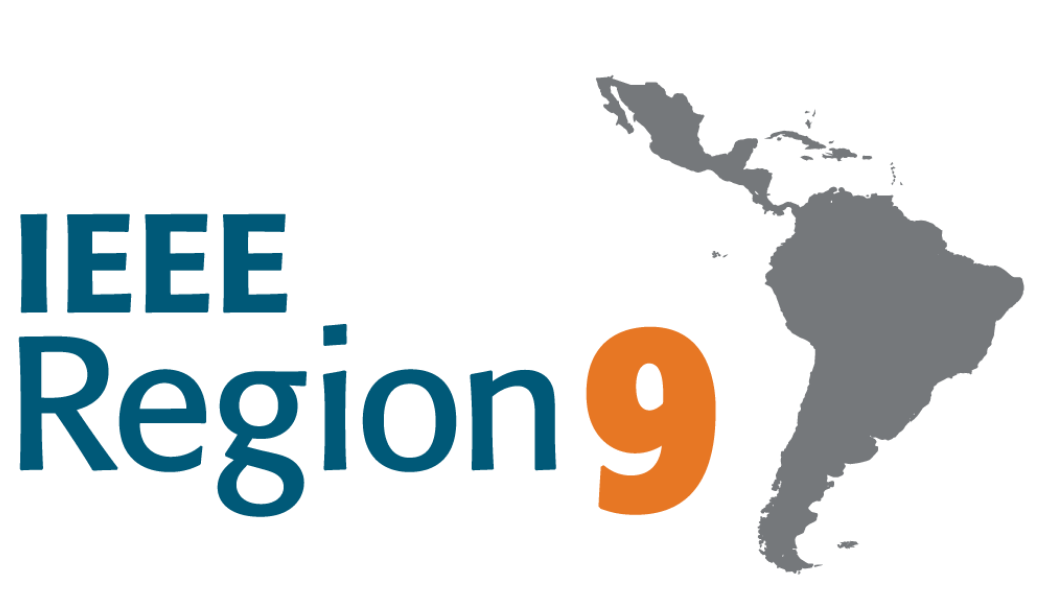Editorial: Special Issue on Artificial Intelligence for Sustainability
Keywords:
climate change, sustainability, machine learning, artificial intelligenceAbstract
Sustainability is the challenge of our time. It is an exciting and necessary problem to be solved that requires an all- hands-on-deck attitude. Given the demonstrated capabilities developed in Artificial Intelligence (AI) during the last decades, the techniques it provides may ease the ancestral problems in Latin America and the Caribbeans (LAC) related to its development. Current climatological models predict that given its relatively little contribution to the emission of greenhouse gases, LAC will suffer a disproportionate effect of extreme weather events (EWEs) in the form of droughts, forest fires, and flooding. These events could significantly alter the life of about 660 million LAC’s inhabitants, mak- ing it harder to thrive in societies that have historically demonstrated low fluidity, inequality, and gender and family- based violence. Furthermore, EWEs have the potential to be catastrophic for the biodiversity of LAC, which holds about 60% of the terrestrial life.
Downloads
References
There are no references.


